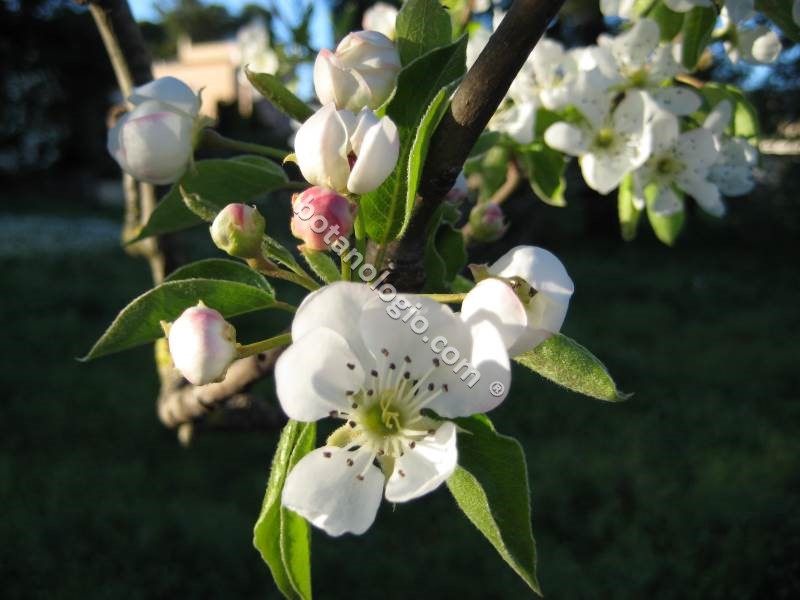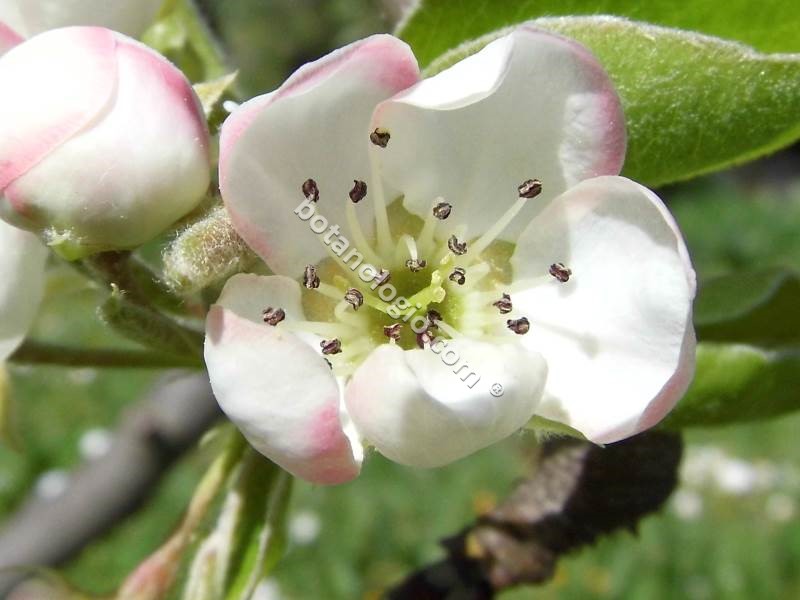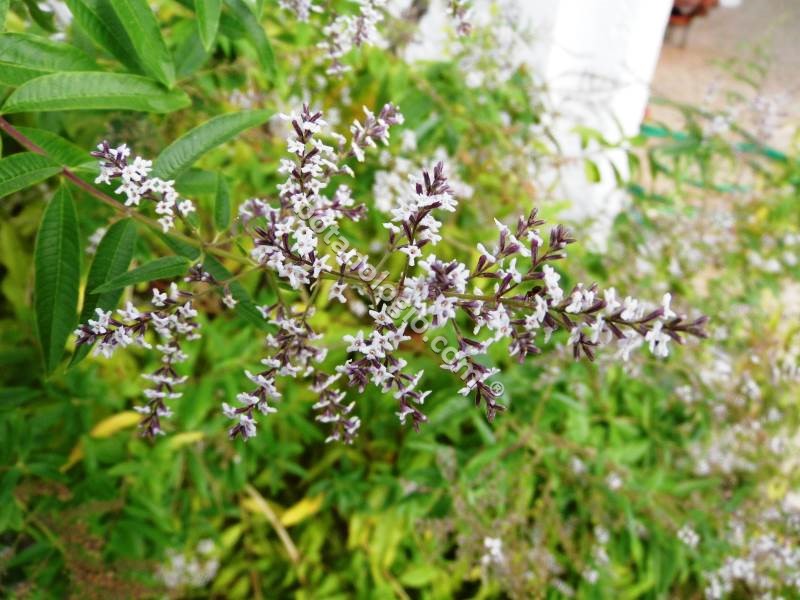Herbs and vegetables rich in vitamin C

Why is vitamin C so important during winter?
Vitamin C is often associated with preventing colds and flu because of its role in supporting the immune system. Here’s why vitamin C is considered important for immune health:
Boosts White Blood Cell Production: Vitamin C enhances the production and function of white blood cells which are crucial for defending the body against infections. This helps the body fight off pathogens like viruses that cause colds and flu.
Strengthens Skin Barrier: Vitamin C is important for skin health by promoting the integrity of the skin’s barrier, which is the body’s first line of defense against pathogens.
Antioxidant Properties: It acts as a powerful antioxidant, protecting cells from oxidative stress caused by free radicals, which can damage immune cells. This protection helps maintain the proper functioning of the immune system.
Lessening Symptom Severity: Vitamin C can reduce the severity of cold symptoms. For example, it may alleviate symptoms like runny nose, sore throat, and congestion by reducing inflammation and supporting the immune system’s response.
How Much Vitamin C Do You Need?
While the general recommended daily intake for adults is around 75-90 mg per day, higher doses of are often suggested during cold and flu season or when you’re feeling sick, as this may provide more significant immune support.
While vitamin C cannot completely prevent colds or flu, it plays an important role in supporting the immune system and can reduce the severity and duration of symptoms when you do get sick. Maintaining adequate levels of vitamin C through diet can help bolster your immune defenses, especially during cold and flu season.
Many herbs and vegetables are rich in vitamin C, making them great additions to a healthy diet for boosting immune health. Here are some of the top sources (except citrus fruits & berries that we already know):
-
Bell Peppers (especially red): 190 mg per 100 grams.
-
Thyme: 160 mg C per 100 grams.
-
Parsley: 133 mg of vitamin C per 100 grams.
-
Kale: 93 mg of vitamin C per 100 grams.
-
Broccoli: 89 mg of vitamin C per 100 grams.
-
Brussels Sprouts: 85 mg of vitamin C per 100 grams.
-
Peas: 60 mg of vitamin C per 100 grams.
-
Chives: 58 mg of vitamin C per 100 grams.
-
Cauliflower: 48 mg of vitamin C per 100 grams.
-
Cabbage: 36 mg of vitamin C per 100 grams.
-
Garlic: 35 mg per 100 grams.
-
Spinach: 28 mg of vitamin C per 100 grams.
-
Cilantro: 27 mg of vitamin C per 100 grams.
-
Tomatoes: 23 mg of vitamin C per 100 grams.
-
Basil: 18 mg per 100 grams.
Enjoy the vitamin C rich salads and herbs, and keep your immune system strong!
herb, herbs, herbs collection, herbs nutritional value, Medicinal herbs, vitamin c





